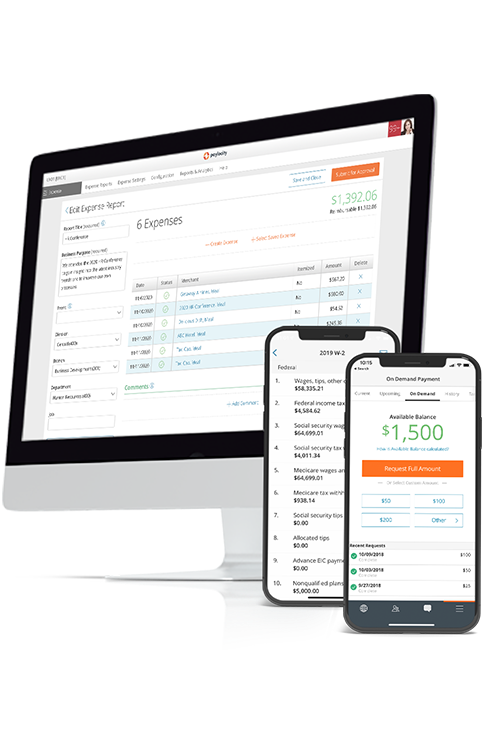
Franchise Payroll 101: How Franchisees & Employees Get Paid
Franchises depend on their employees to keep things running smoothly, but who do employees depend on for their paychecks?
The answer is … complicated.
With multiple locations and diverse workforces to consider, franchise payroll can feel like a puzzle. The complexities of ensuring accurate and timely paychecks, staying compliant with ever-changing tax regulations, and tracking employee hours can quickly become overwhelming.
Like other businesses, franchises face the expected challenges of accurately running payroll and maintaining compliance. But there are also unique considerations like intricate fee structures that impact how franchise employees get paid.
To ease you in, let’s start with the basics. Keep reading for a breakdown of franchise payroll, so you can return your focus to scaling your business.
Who Pays Franchise Employees?
The individual franchise owner or operator typically pays franchise employees. While the franchisor provides the franchisee with the brand, business model, and support, the day-to-day operations of the franchise — including hiring and paying employees — are the responsibility of the franchisee.
The franchisee is essentially a small business owner who operates under the umbrella of the larger franchise brand. They handle all aspects of their specific franchise location, including staffing, payroll, and local management, while adhering to the guidelines and standards set by the franchisor.
This setup allows for a degree of local autonomy while still benefiting from the resources and established brand recognition of the franchise.
Do Franchise Owners Set Employee Wages?
Yes, franchise owners typically have the authority to set employee wages for their specific franchise location within the framework of any applicable employment laws and regulations.
While there might be some general guidelines or minimum wage requirements established by the franchisor or required by local laws, franchise owners have the flexibility to determine the specific wage rates for the employees they hire.
It's important to note while franchise owners can set wages, they must comply with all relevant labor laws, including minimum wage laws, overtime rules, and any other employment regulations that may apply in their jurisdiction. These laws are designed to ensure fair treatment of employees and prevent exploitation.
In some cases, the franchisor may provide recommendations or wage guidelines to help maintain consistency across the franchise network or to align with the brand's standards, but the final decision on wages typically rests with the individual franchise owner.
How Do Franchise Owners Get Paid?
Franchisees earn revenue from their franchise operations through various sources, primarily from the sales generated by their business. The specific payment structure and financial arrangements can vary based on the terms outlined in the franchise agreement and the nature of the franchise business.
Franchise ownership business models operate on creating a profitable business supported by the expertise of the franchisor support team. Ultimately, franchise business ownership is no different than running any other successful business investment. Officer payroll depends on the structure of the entity and business owners should consult with their CPA.
This all varies by franchisor-required spend listed in a franchise agreement. Royalties are usually a percentage of top-line revenue but can also be a minimum flat fee. Additionally, franchisees must factor in fees and expenses, some unique to owning a franchise. On top of normal operating costs, franchise owners can also expect to pay “percent fees” and “fixed fees” that impact how they get paid.
After deducting all the expenses, franchisees are left with their profit, which is the income they earn from the business. The amount of profit will vary based on the franchise's success, location, and management.
Despite these expenses, franchising can be lucrative — Glassdoor data shows the average franchisee earns $175,000 annually.
Simplify Franchise Payroll with Payroll Software
Growth is the name of the game when you run a franchise, but you can’t grow when you’re bogged down with administrative tasks. Opting for a franchise-friendly software can transform your payroll process:
- Easy, efficient, and accurate payroll processes fit the requirements of your busy and ever-changing schedules.
- Seamless data across other systems such as ERP, POS, and more eliminates the need for manual data uploads and re-entry.
- Dashboards help you track and view important compliance items and legislative updates that could impact your business — plus in-house experts are standing by to help.
- Total transparency into your data provides better insight into things like labor costs and turnover — even across locations. Plus, eliminate the guesswork with recommendations on where to focus to improve automation and workforce health.
The last thing you need is to spend hours running your payroll when you could be building your business. Request a demo to learn more today!


